|
Wonder Walks, one of the popular new programs VEJ launched in 2019, will return this summer (as soon as it is safe for groups of 12 - 24 to gather outdoors).
The program takes participants to some of southeast Michigan's natural wonders and blends the experience of going on a guided nature walk with the experience of a guided spiritual retreat. "Wonder Walks are a beautiful mix of the first two parts of our mission: Prayer and education," said VEJ executive director BT Irwin. "They get something for their bodies, hearts, and minds all at the same time. Plus, they explore a lot of new places and make a lot of new friends." Irwin said VEJ is waiting for the State of Michigan to release new guidelines for groups of more than ten to gather in outdoor spaces. Once those guidelines are set and VEJ finalizes plans for the safety of its guests, Wonder Walks will start up quickly. "We expect to be hosting Wonder Walks this summer," said Irwin. "And I think people will be ready for them." The 2020 Wonder Walks calendar that was not released (because of COVID-19), included the following locations:
"We'll likely visit most of the locations we planned to visit this year," said Irwin. "We have to work with our guides to make the new schedule. We're hoping to have that no later than the start of June."
0 Comments
In 2019, Community Dinners at Hope House & Gardens were one of VEJ's most popular programs. On the first Sunday of each month, guests gathered in the backyard to enjoy food made by a local chef and a presentation by an Earth justice expert.
The program was set to return in 2020 until COVID-19 make it unwise to host groups of people in close contact for the foreseeable future. But using technology, VEJ is launching Sunday Dinners, a virtual dinner party program similar to Community Dinners, this June. "COVID-19 is not an excuse to stop our work," said VEJ executive director BT Irwin. "In fact, it's a challenge to us to find ways to do more. After all, the pandemic only makes it more clear that Earth justice is the issue of our time and we can't put it off. We have to rise to whatever challenges come at us because everything is at stake." Sunday Dinners will work a lot like Community Dinners at Hope House & Gardens. Guests will sign up in advance (joining the dinner is free) to receive an invitation to join the event in a private group meeting on Zoom. The private feature is for security. The dinners will take place on the first Sunday evening of each month starting in June. An Earth justice expert will present for about 20 minutes on a topic of interest, then take questions from the guests. Using one of Zoom's special features, guests will be able to participate in "table discussions" (small group discussions about the topic). Of course, guests will be responsible for their own food at home, but VEJ is working on a way to help with that, too. "We're looking to set up some special discounts or promotions from local farmers, food stores, or restaurants so dinner guests can enjoy something special together," said Irwin. The first Sunday Dinner will take place on Sunday, June 7, at 6 p.m. and will feature Deborah Anderson of Zero Waste Detroit as the guest speaker. The full calendar of guest speakers will be arrive in the May VEJ News (sign up here). When 2020 began, VEJ planned a calendar full of in-person gatherings.
COVID-19 changed all that. As it becomes less likely that people will feel safe in gatherings of more than a few people, the question is: How does VEJ keep doing its work of "prayer, education, and action for Earth?" One answer: Start a podcast. This summer, VEJ will launch the Voices for Earth Justice Podcast, a weekly conversation with Earth justice experts and practitioners. "Almost one in five Americans listen to a podcast every week," said VEJ executive director BT Irwin. "That's almost 70 million people for whom podcasting is a normal way to expand their worldview and learn about new things." Irwin added that podcasting tools cost little, are easier than ever to use, and make it possible to interview guests from anywhere in the world. "The most important thing we can do at VEJ is give more and more people information and inspiration to go work for Earth justice," said Irwin. "Podcasting allows us to reach and serve more people in more places by exposing them to some of the best ideas and most effective leaders in Earth justice work. There is a lot of value in this." Podcasting also just makes sense in the age of COVID-19. "Up until now, we depended on getting people together at a physical location," said Irwin. "Don't get me wrong; there is a lot of value to that and we'll do it again as soon as we are able. But physical gatherings are limited in who you can bring to speak and who can come to participate. Online programs and podcasts open up so many new possibilities." The Voices for Earth Justice podcast will launch this summer and be available on all major podcasting services. Watch for more details, including guest schedule, in VEJ's monthly newsletter (sign up here). The 50th Earth Day (April 22, 2020) will be like no other.
While many environmental justice organizations like VEJ started 2020 with plans for big public celebrations, COVID-19 put those plans to rest. But that does not mean Earth Day is canceled. In fact, VEJ is planning to do more for Earth Day, inviting friends to be part of three online and virtual events on Wednesday, April 22. "If anything, the COVID-19 pandemic makes Earth Day even more important this year than we imagined when we were just planning a big 50th anniversary celebration" said VEJ executive director BT Irwin. "The pandemic is an environmental justice catastrophe that is quickly turning into tragedy. If there was ever a backdrop that makes Earth Day stand out as critical to our world, this one is it." On Earth Day, VEJ will host and organize three online or virtual events:
24-hour "virtual prayer vigil" for Earth VEJ is inviting friends to sign up to pray for Earth in 48 30-minute blocks from midnight to 11:59 p.m. on Earth Day, Wednesday, April 22. "On this 50th Earth Day, we are looking for 50 friends to keep 'virtual vigil' for all 24 hours of April 22," said Irwin. "This reflects that prayer is actually the most important work we do." Friends can sign up to be part of the "virtual vigil" here. Livestream music and prayer service At 9 a.m. on Earth Day, VEJ will host a livestream music and prayer service on its Facebook and YouTube pages. This service will feature friends from several faiths leading prayers and singing songs for Earth. "We couldn't have our interfaith prayer breakfast, so we're bringing interfaith prayer to our friends' breakfast tables," said Irwin. "We couldn't think of a better way to help our community start Earth Day." To watch the livestream, simply go to VEJ's Facebook or YouTube page at 9 a.m. on Wednesday, April 22. Livestream panel of environmental nonprofit leaders in Detroit At noon on Earth Day, VEJ will host a livestream panel discussion on its Facebook and YouTube pages. The panel will feature leaders from several of Detroit's environmental justice nonprofits: EcoWorks Detroit, Green Living Science, Michigan Interfaith Power & Light, and Sierra Club Great Lakes. "The state of things with environmental justice was already at a critical point in Detroit and southeast Michigan," said Irwin. "COVID-19 takes it to the boiling point. Our panelists will talk about what Earth Day calls us to do in the age of COVID-19 and its aftermath." To watch the livestream panel, simply go to VEJ's Facebook page or YouTube channel at noon on Wednesday, April 22. When the COVID-19 pandemic came to Detroit and things started to shut down, we at VEJ asked how we could help those in the most danger.
COVID-19 is dangerous. And as the days go on, it seems to be more dangerous to the health and lives of people who live around our Hope House & Gardens in Detroit. But the virus is only part of the danger to people in our neighborhood. So many of our neighbors lost their jobs over the last few weeks. With no money coming in, they add the dangers of homelessness, hunger, and thirst to the danger of disease. In fact, the disease becomes more of a danger to those who don't have things like good food to eat or running water to wash their hands. This is the situation "on the ground" in VEJ's Detroit neighborhood. Where do you go to get food and water when you don't have money to pay for them? If you're in the Brightmoor, Old Redford, or Riverdale neighborhoods, you go to a local food bank like Brightmoor Connection. But I want you to think about this: The number of people going to food banks to get the food and water they need is four times what it was just one month ago. And it is likely to be even more than that in the weeks and months ahead. That's another way of saying: For every one household that came to Brightmoor Connection for food and water a month ago, five or six households are coming now. Stay with me. Imagine you're Reverend Roslyn Bouier, Brightmoor Connection's executive director. Before this year started, you made a budget to buy food and water each month. To keep it simple, let's say you expected to spend $10,000 a month to feed your clients. Your donors gave you $10,000 of cash and donations to cover your monthly food budget. But then COVID-19 and an economic collapse happened. Now it will take $50,000 or $60,000 a month to feed five or six times as many clients as you expected. Where do you get that money? And once you get the money, where do you get the food? Prices are higher now because the supply is smaller. Some items that used to be easy to get are now impossible to get. So you face an awful situation: You have to turn away a lot of people who need food and water. You know that if people cannot drink and eat well and wash their hands, they are far more likely to get sick. This is the situation in VEJ's neighborhood. This is the situation our friends at Brightmoor Connection face as they try to solve the problem. This is why we've been asking our VEJ donors to support Brightmoor Connection. Over the last few weeks, we've been collecting cash donations from our donors and turning over 100 percent of the money to Brightmoor Connection to help them buy food and water now. On behalf of Brightmoor Connection and the neighbors they feed, we at VEJ want to thank those who are giving to this work. VEJ is going to keep raising money for Brightmoor Connection through the month of April. If you're looking to make a real difference and save lives, this is it. Click here to give in support of immediate food and water relief. Once the early part of the COVID-19 crisis passes, the aftermath will keep on hurting people in our neighborhood. Households will be broken and weakened by COVID-19 deaths and disabilities. Income will not return soon enough because old jobs will not come back. Government assistance may not be up to the challenges or needs. We expect that the demand for food and water assistance will remain very high for months to come. For that reason, VEJ is committing to a long-term partnership with Brightmoor Connection so that we can make sure people in our neighborhood get the food they need. We will donate all of the produce we grow at Hope House & Gardens in 2020 to Brightmoor Connection. To make sure we grow more food to feed more people, we are making some changes to the garden:
We also made some changes to how we manage and source the garden. For example, this year all of our garden supplies are coming from Keep Growing Detroit (rather than from several different sources as in years past). Overall, our garden program should end up costing up to 50 percent less in 2020 than it did in 2019. The bottom line is that we are planning and praying for our biggest harvest ever in 2020 so that our neighbors have the nutritious food they need to stay healthy. We are going to need your help to do this. While our overall cost for gardening will go down by a lot in 2020, we still need to raise money to cover those costs. So, on Tuesday, May 5 (a special worldwide "Giving Tuesday"), we will launch a "Hope House & Gardens Wish List Campaign" to raise materials, money, and volunteers for our garden program this year. While the gifts will go to our garden program, they are really for our neighbors who will be in need of food relief over the next few months. Look for more details on this campaign over the next few weeks leading up to Giving Tuesday. We'll be taking gifts of cash, materials, skilled labor, and supplies (we'll publish a complete list of what we need in the next couple of weeks). For now, please think about what you would be happy to give. I'm not going to beat around the bush: Giving money may be as hard as asking for it these days. As both the asker and someone who will be giving to the campaign, I'm a little nervous about being on both sides of the relationship. But I know everyone who is reading this will want to help in whatever way they can. Do you recall that last fall and winter, I announced that VEJ's theme for 2020 would be "We're All In This Together"? And he we are: The whole world finding that out in a more painful and powerful way than we imagined even a few weeks ago. We are all in this together. Now we have a chance to get us all out of it together. Let's work to make sure that when we emerge from this crisis and its aftermath, we are bringing all of us to a way of life that is healthier, more fair, more just, and more sustainable than the one that gave us COVID-19. Grace and peace, BT Irwin, primus inter pares Voices for Earth Justice Every crisis has a dark side (that is hard to miss) and a light side (that may not always be clear at first).
The COVID-19 pandemic is proof. Watching the virus spread around the world and kill so many people is like a horror movie come to life. And this horror movie is not going to end soon. We are in for a hard, long, sad, scary stretch of months (and maybe years). And yet, you can't deny that good things are coming from this pandemic. One of them is this piece of news: Air pollution and CO2 emissions are almost disappearing in some places where they were the worst. Facts like these make a strong point: Human beings make a big, big difference. Indeed, the COVID-19 pandemic itself comes from human mis-behavior toward the natural world. We are far from knowing how much this will cost us in the end, but the signs are pointing to a global tragedy that takes our breath away. I hope we don't miss the lessons we could be learning from this. This year, I've been reading the first five books of the Bible. These books tell the story of how God called out and made a people. God taught this people how to live in right relationship with God and humanity. What a lot of people miss, however, is that God also taught the people how to live in right relationship with the natural world. Earth is so important in the first five books of the Bible that you could say that Earth itself is a main character in the drama. The story starts when God promises to give land to the people who will descend from a man named Abraham. For hundreds of years, Abraham's family hopes and prays to come home to the "Promised Land." But before they get there, they must live as slaves in a foreign land, pass through the Red Sea, and wander for 40 years in "terrible wilderness" and wastelands. When God finally brings the people to the Promised Land, he makes one thing clear: The land belongs to God and God loves the land. The people who used to live in the land had to go because they abused, exploited, and polluted the land. God is bringing a new people into the land to care for it and love it as God cares for it and loves it. God does not think of the land as something to exploit or parcel off and sell for gain. In fact, God makes it a rule for the people: They may not exploit the land and use it to the breaking point. They may not parcel off and sell the land for profit. God goes further and makes it a rule (the fourth of the Ten Commandments) that the people should keep a sabbath day (Exodus 20:8). On the sabbath day, the people were to do no work. They were to rest. But the sabbath day was not only for people. In a farming economy, animals and land rest when people rest. The sabbath was not only for the people to rest; it was for animals and land to rest, too. Most people know something about the Sabbath Day, but many people do not know that God also commanded a Sabbath Year (Leviticus 25:1-7). Every seven years, the people were to let the land rest for a full year. And every 49 years, the people were to let the land rest for two full years (Leviticus 25:8-55). God is deadly serious about giving the land its rest. If the people abuse and exploit the land, the land "will vomit you out" (Leviticus 18:28). Later, God warns that if the people fail to care for the land, they will be forced out. And while they are gone, "the land will enjoy its sabbath years" (Leviticus 26:34). I wonder if the COVID-19 pandemic is a moment when the human race is paying a painfully high price for our sins against the natural world. It is certainly a moment of sabbath rest for the Earth. Our own irresponsibility is forcing us into a sabbath we probably needed for our own good. I pray that we learn from this. For now, we need to focus energy and time on saving lives. But as the crisis bottoms out and we start to turn back toward the light, we need to give serious thought to the kinds of changes we need to make in the "new normal." We need to learn from our sins against Earth and our fellow creatures. We need to change our ways because I fear that COVID-19 is only a warning. It may sound perverse, but I think it is right to thank God for this season of sabbath. But let us not waste it! Let us pray that it changes us. Grace and peace, BT Irwin, primus inter pares Voices for Earth Justice Dear friends,
We're all in this together. A couple of days ago, I wrote about how we at VEJ were looking into ways to help people right now and for the next few weeks. You likely already know (or guessed) that all regular VEJ events and programs are on hold until further notice. But VEJ is still a community of more than 2,000 donors, friends, neighbors, and volunteers. Surely we can do something to help those who are in greatest need. So, as promised, here is what VEJ is going to do now for those we think we can help. If you are able and it seems good to you, please join us. It's not a stretch for me to say that what you do next could be the difference between death and life. Click on this link to see our special COVID-19 response page. VEJ's response to COVID-19 has four parts at this time:
We are working on some other things that we hope will make the most of this crisis and serve the needs of everyone. As those plans come together, I will be sure to share them with you here. So, let's do what we can. We may not control everything, but we do control a lot. Let's focus on that. Please let me know if we can be of any help to you, whether it's by getting you in touch with our partners at Brightmoor Connection, setting you up with a pen pal, or just praying for you. And I am praying for you. May God give you good health and great hope. Grace and peace, BT Irwin, executive director Voices for Earth Justice (313) 355-6042 bt@voices4earth.org VEJ is forming a partnership with Planet Detroit, a weekly email newsletter that covers environmental issues in metro Detroit and beyond.
"Over the last few months, we've been thinking about how to give VEJ's community of donors, neighbors, partners, and volunteers more and better information on the environmental movement in southeast Michigan," said VEJ executive director BT Irwin. "We believe Planet Detroit is going to become their new favorite resource." Metromode managing editor Nina Ignaczak and Detroit News environmental reporter Brian Allnut started Planet Detroit in May 2019. The weekly newsletter features news stories about environmental issues in metro Detroit along with opportunities and resources for environmental activists. "This is a way for Planet Detroit and VEJ to work together to 'cross-pollinate' environmental activists in metro Detroit," said Irwin. "If we're serious about making positive change at the market and policy levels, we need to do what we can to support the environmental community with information and social connections. That's what this partnership is all about." Subscribe to Planet Detroit here.  Friend, hello! First things first: We are postponing all VEJ programs until at least May. I'm sad to write this because we were just a couple of days from sharing our 2020 calendar with you. It is a very good one! But, we love you and we love our neighbors. So this is the right thing to do for the good of all. As things get clearer in the days and weeks ahead, I will let you know what programs are happening and when. Some things need to go on as planned, but without groups. For example: We still need to get the neighborhood garden ready. In fact, that work started a week ago. We also have some urgent repairs we need to make at Hope House. Those will go on as well, but without volunteers for now. We were planning a spring "Hope House & Gardens Wish List" campaign to raise donations of funds, materials, and skilled labor for the neighborhood garden and gathering place. We will need to find those things somehow, but for now it is important to keep our eye on the greater needs of the community (and that includes the people who are always so kind to donate). The more I think about it, this may be just the "sabbatical" we all need. This afternoon, I took some time to think about how my family is going to make the most of this time to refresh and reset. What can this pandemic teach us about the way we live when times are "normal"? Could it be that we could come out of this calmer, kinder, and wiser? A few months ago, I shared that VEJ's theme for all of 2020 is "We're All In This Together." All year long, plan to weave that thread through all that we do. The COVID-19 pandemic is taking many things away from us; but it is giving us some things, too. The most important may be the chance to truly be "All In This Together." I've been struggling to find a way for VEJ to respond to the crisis. As a very small organization, we are set up for environmental education. We're good at getting groups of no more than 24 people together to learn. We're not so good at running big relief programs like feeding kids who won't be getting their meals from school. However, we have some resources. The most powerful resource we have is you and the 2,000+ other people who are part of the "VEJ community" through media like this. So, over the next two or three days, I'm asking our neighbors and partners to let me know of anything the VEJ community can do to meet the needs of people are likely to suffer most because of the pandemic. As I find out about those opportunities, I will pass them on to you. In times like these, the mission and resources of every organization should turn to the community's most urgent needs. You are in our prayers. Please remember your neighbors, strangers, and even your enemies in your own prayers. We're all in this together. Grace and peace, BT Irwin, primus inter pares Voices for Earth Justice bt@voices4earth.org |
Categories
All
Archives
December 2021
|
Copyright © 2024 Voices for Earth Justice, nonprofit 501(c)(3). All Rights Reserved.
Mailing address: 15894 Greydale Street, Detroit, Michigan 48223 Email: info@voices4earth.org Phone: (313) 355-6042
Mailing address: 15894 Greydale Street, Detroit, Michigan 48223 Email: info@voices4earth.org Phone: (313) 355-6042

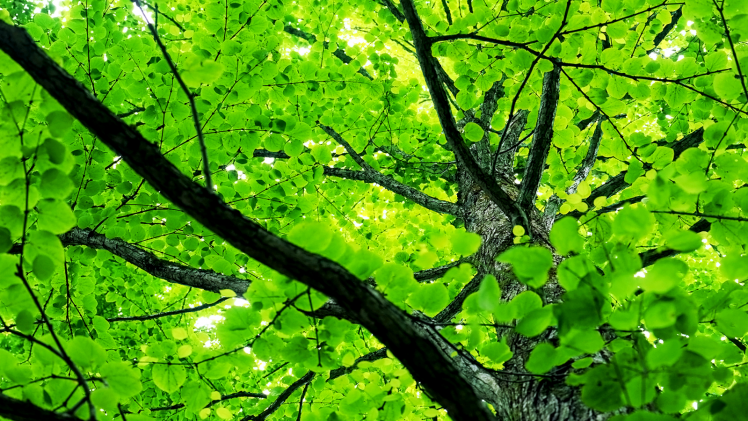
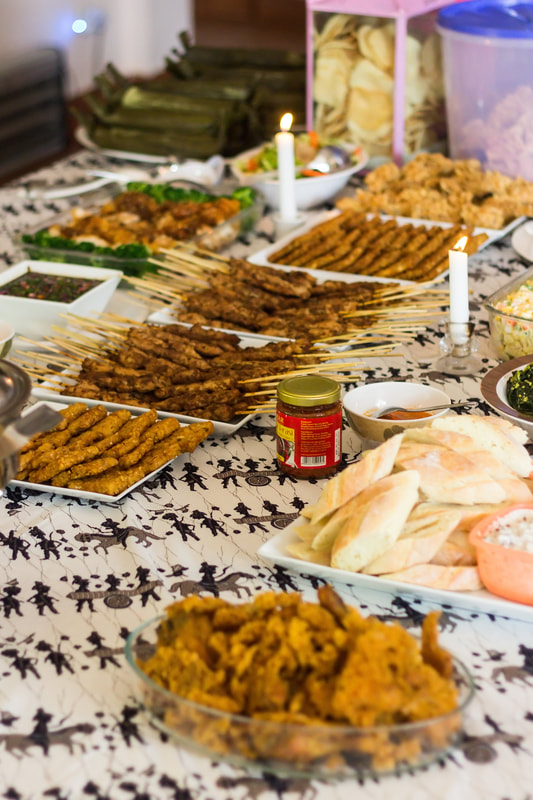
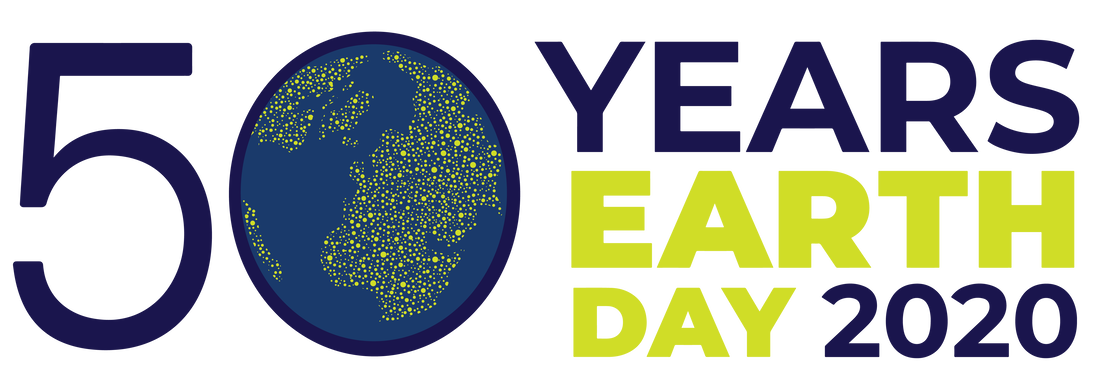
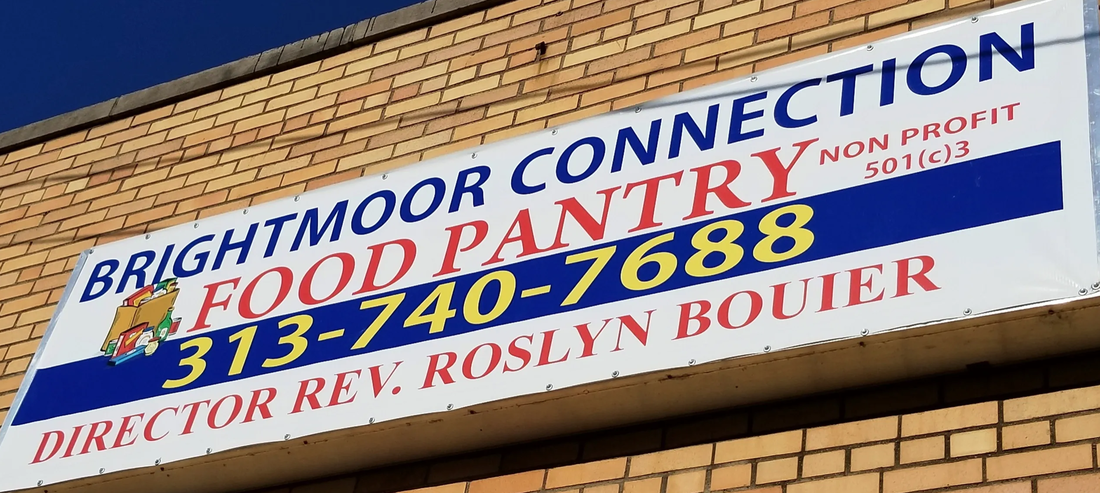
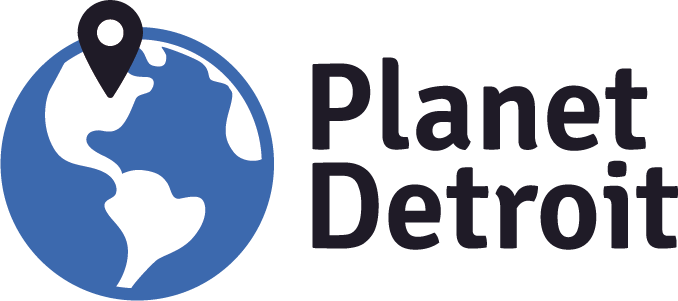
 RSS Feed
RSS Feed